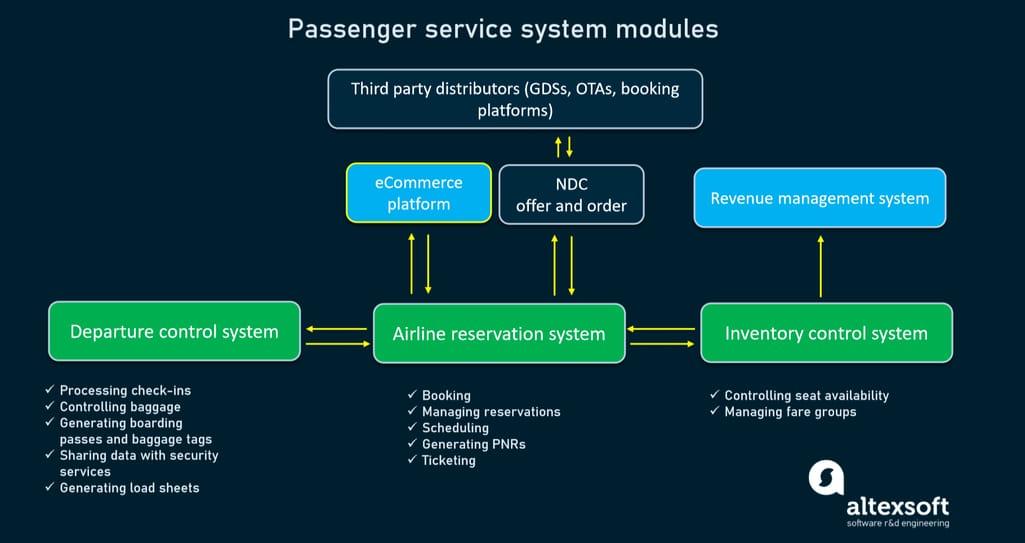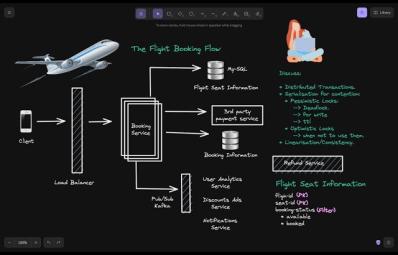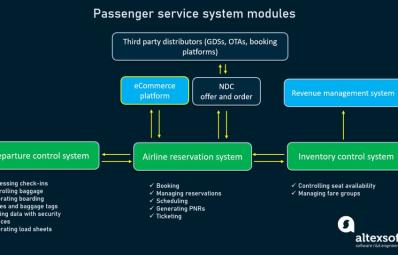Posted At: Mar 03, 2025 - 970 Views

Introduction
An airline reservation system requires a highly efficient, scalable, and fault-tolerant database management system (DBMS) to handle thousands of simultaneous transactions worldwide. Distributed database architectures provide the best solution by ensuring high availability, reduced latency, and better system performance.
This discussion explores the advantages of using a distributed DBMS over centralized and client-server architectures for airline reservation systems.
🚀 Download the Full Discussion (PDF): Click Here
1. Why a Distributed DBMS is Ideal for Airline Reservations
📌 Key Insight: A distributed DBMS ensures better performance, scalability, and fault tolerance compared to other architectures.
🔹 Key Advantages of a Distributed DBMS:
✔ High Availability: The system operates across multiple servers in different locations, reducing downtime.
✔ Scalability: Additional servers can be integrated seamlessly, allowing the system to handle more users without performance issues.
✔ Lower Latency: Users interact with their nearest server, improving response times for ticket bookings and transactions.
🔹 Real-World Application:
✔ Airline reservations involve millions of real-time transactions, requiring a robust, globally accessible database.
✔ A distributed database system ensures stability, even during peak travel seasons when server loads increase.
💡 Takeaway: A distributed DBMS is the best choice for airline reservation systems, ensuring speed, reliability, and uninterrupted service.
2. Why Centralized DBMS & Client-Server Architectures Are Less Effective
📌 Key Insight: While alternative architectures offer some advantages, they introduce bottlenecks and potential failures.
🔹 Problems with a Centralized DBMS:
✔ All data transactions pass through a single server, leading to performance bottlenecks.
✔ If the central server fails, the entire system becomes inaccessible, causing financial losses and customer dissatisfaction.
✔ During high-traffic periods, system delays can significantly impact the user experience.
🔹 Limitations of Client-Server Architecture:
✔ While more scalable than a centralized system, it still relies heavily on a central server for processing transactions.
✔ Increases the risk of downtime due to server overloads or failures.
💡 Strategic Takeaway: Distributed DBMS architectures outperform centralized and client-server models by providing better fault tolerance and load balancing.
3. Case Study: How Distributed DBMS Enhances Airline Booking Systems
📌 Key Insight: Research supports the effectiveness of distributed DBMS in high-demand systems like airline reservations.
🔹 Findings from Bibi (2021) & Kumar (2022):
✔ Distributed DBMS improves system speed and user experience.
✔ Scalability & fault tolerance reduce risks of system downtime and performance failures.
✔ Airlines using distributed systems report fewer transaction delays and greater customer satisfaction.
💡 Policy Insight: For global-scale applications like airline reservations, a distributed DBMS ensures reliability and business continuity.
4. Practical Recommendations for Implementing a Distributed DBMS
✔ Cloud-based infrastructure: Ensures real-time data synchronization and accessibility.
✔ Load balancing mechanisms: Distributes traffic efficiently across multiple servers.
✔ Automated failover solutions: Provides redundancy to prevent data loss in case of failures.
💡 Best Practice: Investing in distributed database solutions improves customer experience, operational efficiency, and financial sustainability.
Conclusion
A distributed DBMS is the best architectural choice for an airline reservation system, ensuring high availability, faster processing, and global scalability. Unlike centralized or client-server models, a distributed system minimizes latency, prevents downtime, and handles increasing transaction volumes effectively.
📥 Download Full Discussion (PDF): Click Here
Related Database Management & System Architecture Resources 📚
🔹 The Future of Distributed Databases in Enterprise Systems
🔹 How DBMS Scalability Impacts Business Operations
🔹 Cloud-Based vs. On-Premise Database Solutions: Pros & Cons
📌 Need expert insights on database architecture? 🚀 Our professional writers at Highlander Writers can assist with DBMS research, system design analysis, and IT case studies!
Leave a comment
Your email address will not be published. Required fields are marked *










